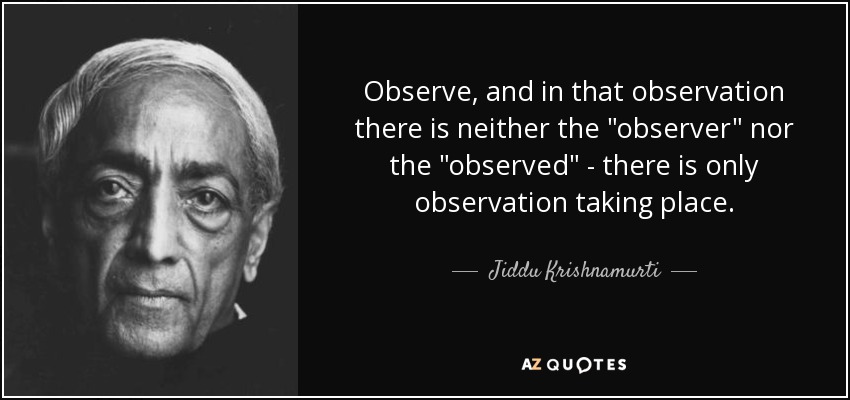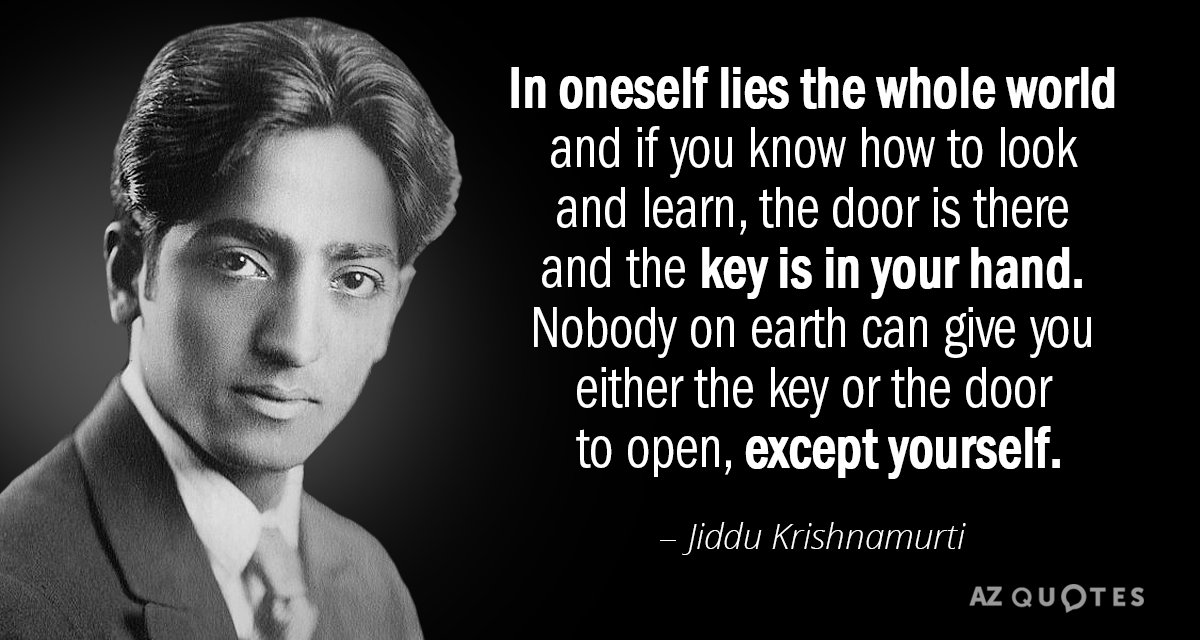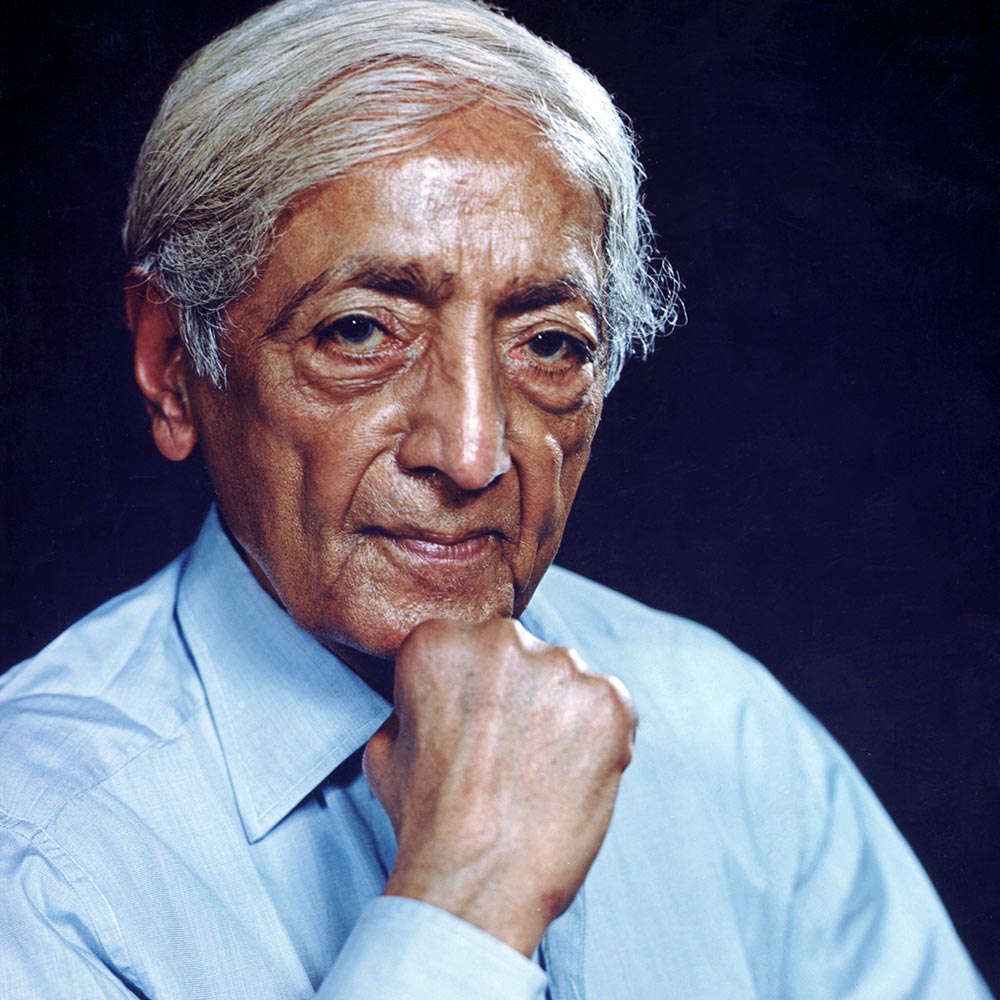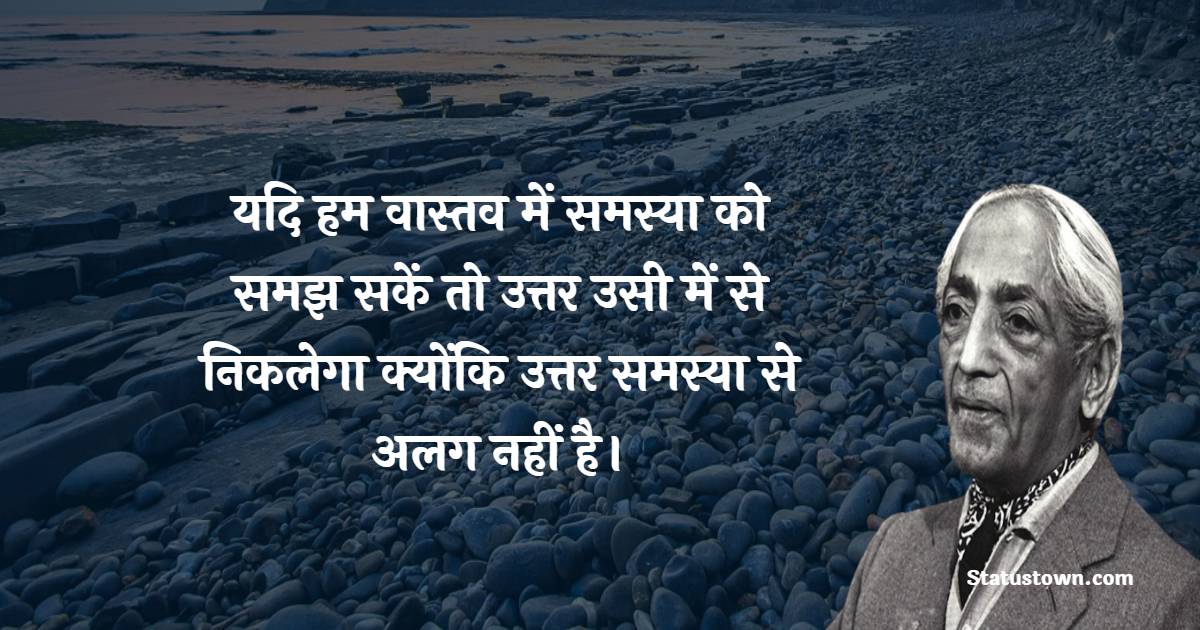j krishnamurti hindi quotes
Associated Articles: j krishnamurti hindi quotes
Introduction
With enthusiasm, let’s navigate by means of the intriguing matter associated to j krishnamurti hindi quotes. Let’s weave fascinating data and provide recent views to the readers.
Desk of Content material
J. Krishnamurti: A Tapestry of Knowledge Woven in Hindi and English

Jiddu Krishnamurti, a thinker and non secular instructor, left behind a profound legacy of thought that transcends geographical and linguistic boundaries. Whereas his main language of expression was English, his teachings have resonated deeply throughout cultures, discovering fertile floor in varied translations, together with Hindi. Exploring Krishnamurti’s concepts by means of the lens of Hindi quotes affords a singular perspective, highlighting the nuances of his philosophy because it interacts with the wealthy cultural context of India. This text delves into the ability and significance of Krishnamurti’s Hindi quotes, analyzing their affect on understanding his core tenets and their relevance to modern life.
Krishnamurti’s philosophy facilities on the novel thought of self-knowledge as the trail to freedom. He vehemently opposed organized faith, advocating as a substitute for a direct, experiential understanding of actuality, free from dogma and perception methods. This emphasis on direct expertise is powerfully conveyed in his Hindi quotes, usually using easy, evocative language that resonates with the widespread individual. The great thing about translating his teachings into Hindi lies in its capacity to achieve an unlimited viewers, connecting with the cultural and non secular sensitivities of India, a land deeply rooted in philosophical and non secular traditions.
Whereas exact translations of Krishnamurti’s Hindi quotes can differ barely relying on the translator and context, the core message stays constant: the necessity for self-observation, the understanding of thought, and the liberation from the conditioning of the thoughts. Lots of his Hindi quotes emphasize the significance of "स्वयं को जानना" (figuring out oneself), an idea deeply ingrained in Indian philosophy. This self-knowledge, nonetheless, is not a mere mental train; it is a steady means of self-inquiry, demanding a relentless examination of 1’s ideas, emotions, and actions. The Hindi language, with its wealthy vocabulary for inside states and experiences, lends itself effectively to expressing this profound introspection.
As an illustration, a typical theme in Krishnamurti’s teachings is the phantasm of the "self." He argued that the "I" or the ego is a assemble of the thoughts, a product of conditioning and reminiscence. This idea finds highly effective expression in Hindi quotes that spotlight the impermanence and illusory nature of the self. Phrases like "अहंकार का भ्रम" (the phantasm of ego) and "मैं कौन हूँ?" (who am I?) encapsulate the essence of this self-inquiry, urging people to query the very basis of their identification. The simplicity and directness of those Hindi phrases make the profound philosophical idea accessible to a wider viewers, encouraging a deeper exploration of self-identity.
One other essential side of Krishnamurti’s philosophy is his emphasis on statement with out judgment. He pressured the significance of observing one’s ideas and feelings with out getting carried away by them, with out labeling them as "good" or "dangerous." This idea of non-judgmental statement is fantastically mirrored in Hindi quotes that encourage "निरीक्षण करना" (to look at) and "बिना निर्णय के देखना" (to see with out judgment). This strategy permits for a deeper understanding of the workings of the thoughts, resulting in a extra acutely aware and aware existence. The delicate nuances of the Hindi language, with its capacity to specific delicate emotional states, are instrumental in conveying the fragile stability between statement and non-judgment.
The function of thought is central to Krishnamurti’s philosophy. He noticed thought as the first supply of struggling, arguing that our conditioned considering patterns create the phantasm of separation and battle. His Hindi quotes usually handle the necessity to perceive the character of thought, to change into conscious of its fixed exercise and its affect on our notion of actuality. Phrases like "विचारों का प्रवाह" (the movement of ideas) and "विचारों से मुक्ति" (liberation from ideas) spotlight the significance of observing the incessant chatter of the thoughts and in the end transcending its limitations. The metaphorical richness of Hindi permits for a extra evocative portrayal of the fixed flux of thought, making the idea extra relatable and accessible.
Furthermore, Krishnamurti’s teachings ceaselessly touched upon the theme of freedom. He did not envision freedom as an escape from accountability or a state of blissful inactivity. As an alternative, he noticed freedom as the results of understanding and transcending the restrictions imposed by the conditioning of the thoughts. This understanding of freedom is aptly captured in Hindi quotes that emphasize "स्वतंत्रता" (freedom) and "मुक्ति" (liberation). These phrases, deeply embedded within the Indian cultural consciousness, resonate powerfully with the viewers, enhancing the affect of Krishnamurti’s message of self-liberation.
The affect of Krishnamurti’s Hindi quotes is far-reaching. They haven’t solely made his philosophy accessible to a wider viewers in India however have additionally enriched the understanding of his teachings for individuals who primarily have interaction along with his work in English. The Hindi translations provide a special perspective, highlighting the cultural nuances and offering a singular interpretation of his profound insights. The usage of easy but potent Hindi phrases and phrases successfully conveys the complexity of Krishnamurti’s concepts, making them relatable and simply comprehensible for a various viewers.
Moreover, the accessibility of Krishnamurti’s teachings in Hindi has contributed considerably to the expansion of mindfulness and self-awareness practices in India. His emphasis on self-observation, non-judgmental consciousness, and the understanding of thought resonates deeply with the non secular traditions of India, making a synergy between Krishnamurti’s philosophy and the prevailing cultural panorama. This has resulted in a wider adoption of his teachings, influencing people from varied backgrounds and social strata.
In conclusion, J. Krishnamurti’s Hindi quotes characterize a big contribution to the dissemination of his profound philosophy. They bridge the hole between his primarily English-language teachings and an unlimited viewers in India and past. The usage of easy but highly effective Hindi phrases and phrases successfully conveys the complexity of his concepts, making them relatable and simply comprehensible. By exploring the nuances of those translations, we acquire a deeper appreciation for the universality of Krishnamurti’s message and its enduring relevance in a world grappling with complexity and uncertainty. The legacy of those Hindi quotes lies of their capacity to encourage self-inquiry, encourage aware dwelling, and in the end, information people in direction of a extra acutely aware and fulfilling life. They function a testomony to the ability of language in conveying profound knowledge and its capability to transcend cultural boundaries. The enduring enchantment of Krishnamurti’s philosophy, as expressed in Hindi, lies in its timeless relevance and its capacity to resonate with the human situation throughout generations and linguistic divides.








Closure
Thus, we hope this text has offered helpful insights into j krishnamurti hindi quotes. We hope you discover this text informative and helpful. See you in our subsequent article!